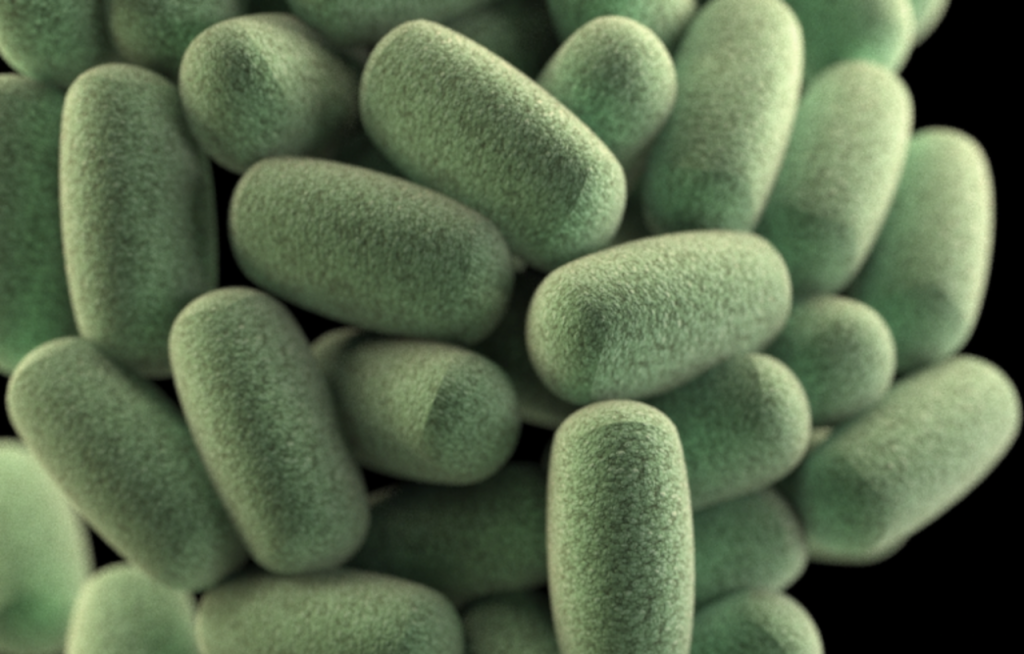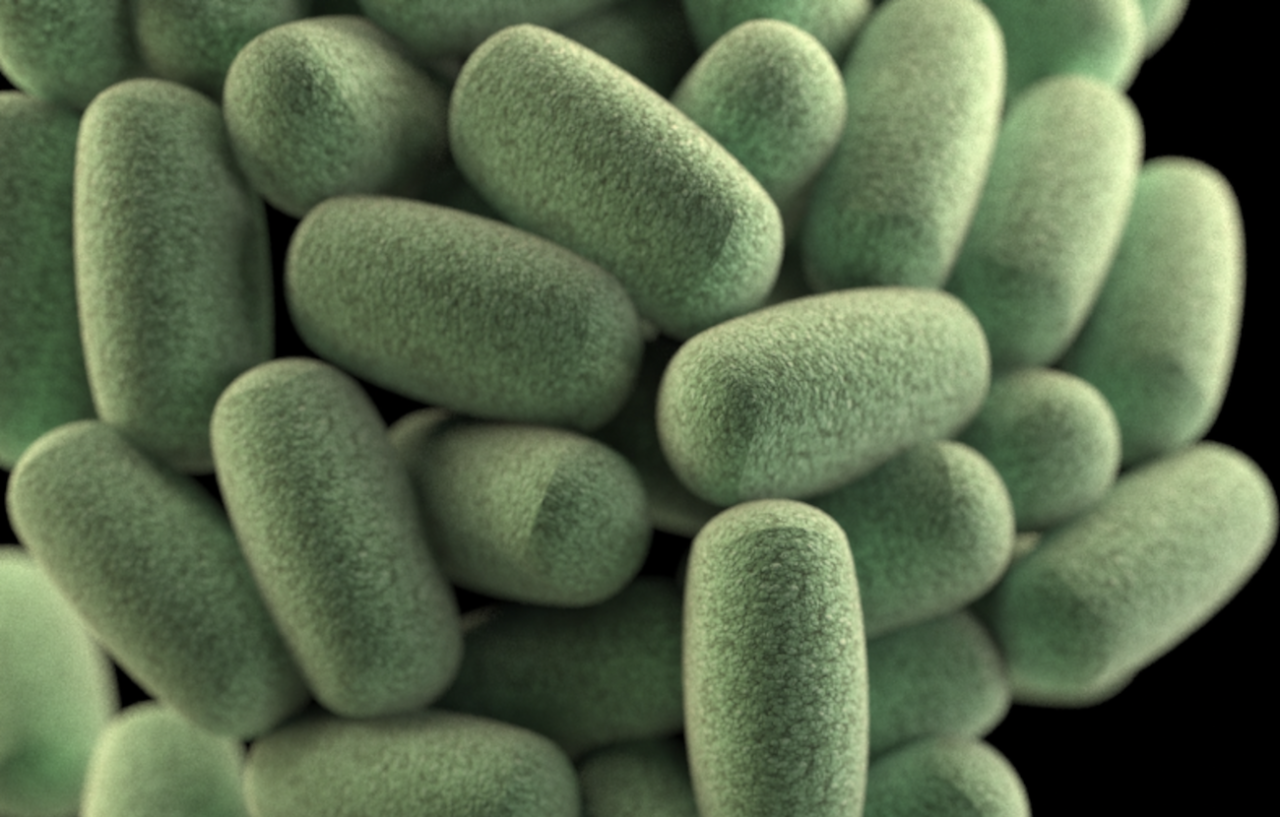The Bacteroidetes phylum is extremely diverse, with more than 7,000 known species. They can be found in many different environments: soil, ocean, fresh water, and the intestines and skin of animals. Bacteroidetes are found in the guts of mice, pigs, cattle, domesticated and wild birds, and even termites and sea urchins.
Newborn pups do not have much Bacteroidetes in their gut. However, as the pups suck their mother’s milk, this gate reproduces rapidly and becomes one of the main groups in their gut when they are three weeks old.
- In the gut, Bacteroidetes specialize in breaking down large organic molecules such as proteins and carbohydrates.
- Bacteroidetesare important for your dog’s health, and studies have shown that dogs with chronic intestinal disease have fewer Bacteroidetes in their guts than healthy dogs.
A diet rich in fiber helps important members of the phylum Bacteroidetes grow. Most of the genus Mistobacteroidetes in the dog gut belong to two major subgroups (genera) called Bacteroides and Prevotella species. However, the microbiome is a complex system. Fusobacterium was found to be another group of bacteria that have important functions in the gut (see below for more details), in the gut with these two genera (Bacteroides and Prevotella spp.) competition.
Therefore, a healthy gut depends on maintaining a delicate balance between these groups with the help of nutrition. Rich in a variety of digestible proteins, dietary fiber, and other nutrients, Stay’s unique recipe is specifically designed to feed different beneficial bacteria in your dog’s gut and maintain a healthy balance between the five common phyla.
Our biofeedback process and seasonal microbiome exams allow us to understand how nutrients affect this delicate balance, as well as the specific important bacteria in each phylum, and ensure that your dog’s food meets the needs of the beneficial bacteria in your gut.

